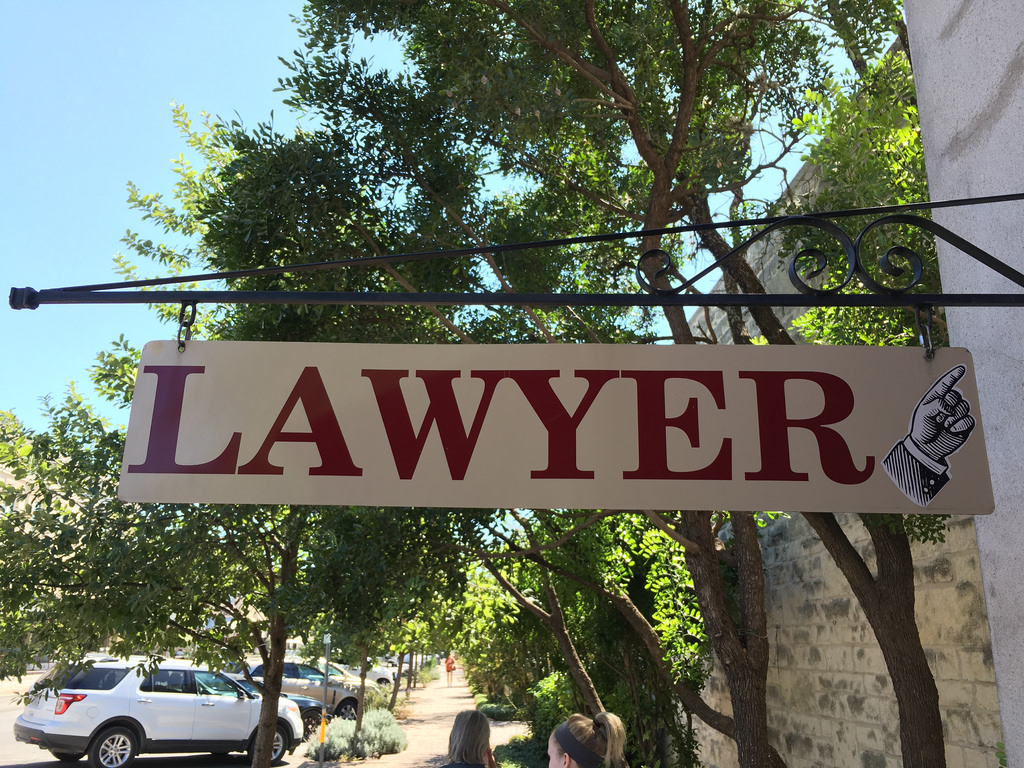“Higher education for earning or for serving”
November 4th, 2016 Society is highly competitive, and it is obvious that status is determined by profession, writes Madusha Erandi Thanippuliarachchi, 24, a Commonwealth Correspondent from Sri Lanka. Parents commit to better education for their children, which raises question about the motives for and cost of higher education.
Society is highly competitive, and it is obvious that status is determined by profession, writes Madusha Erandi Thanippuliarachchi, 24, a Commonwealth Correspondent from Sri Lanka. Parents commit to better education for their children, which raises question about the motives for and cost of higher education.
Today in Sri Lanka, doctor, lawyer, and engineer are prominent professions that are highly spoken of, yet it sometimes seems that individuals in these professions have forgotten the needs of the society.
Sri Lankans are lucky to have free education from the elementary level to university. This has contributed in a larger capacity to minimise the adverse repercussions of high income disparities in Sri Lanka. Not only the rich person’s child will be entitled to education, but also those from the middle and lower income level families.
Though free education is not really free, as there is no free lunch, all children who receive government education learn from the taxpayers’ money. In the case of higher education, as Sri Lankan universities are not adequately spaced up to accommodate everyone, a limited number of students will be privileged to receive free education on merit basis. The rest of the students are currently directed to private universities or other sources of education.
Whatever the education you receive, either private or government, the very basic norm is that a person will have a duty to serve society in a better manner. Logically speaking, if you learn from the tax payers’ money, then you will have to pay the price one day. However, as aforementioned, everybody has a duty towards society. If we consider whether higher education is for earning or for serving, all of us should have means of living, so theoretically and practically everybody will do their earning. What matters is, although theoretically everybody should serve society, whether or not that is practically happening.
Let’s take an example. Everybody is entitled to free health. But there is a high rate of insufficient numbers of doctors for hospitals in rural areas. In the Sri Lankan context, the majority of the doctors are products of free education. Logically speaking, it’s clear that they haven’t fulfilled their duty and morally speaking, yes, most of them concentrate more on enhancing their financial capacity.
Today in Sri Lankan society, doctors happen to be demanding, to an extent that some seem to take the lives of the citizens for granted to fulfill their demands. Doctors launch strikes for every minor demand, and want access to popular schools for their children. In these kinds of situations respect towards the profession will be diminished accordingly.
Nevertheless, there have been many instances where doctors have been saving the lives of people, and they should be given due respect for that. However, although in Sri Lanka we have high health standards, many hospitals in rural areas yet have only one or two medical officers. Declining to work in rural areas may be because of the common nature of everybody to seek comfort and money that can be found in urban centres. Yet society wonders whether these professionals would deviate from the common interest and serve the society in return for the higher education they received, and for the sake of humanity.
Besides doctors, we see that except for mandatory transfers of the education ministry, very few teachers are willing to go outstation and teach rural children. This reluctance is an important factor in the balance between earning and serving the grass root levels of the society.
Another example that can be shown is the law and order sector. There are many individuals who are imprisoned because they can’t afford a lawyer or they can’t pay the bail amount. Although we have remedies like legal aid in Sri Lanka, one cannot necessarily ensure that everybody can be privileged to access it. Lawyers sometimes charge large amounts without considering human factors such as the financial status of an individual.
We see in the world there are many mechanisms of reaching the poor, but in the Sri Lankan context those mechanisms should be highly developed. What should be kept in mind is that everyone, through their jobs, does serve the society in some capacity. In other words, all of us when in the labour force contribute positively to the economy of the country. Wherever we live there is a set of individuals who lose something – health, education or decent means of living – due to their economic incapacity. What higher education should do is create individuals who will reach the poor to make them have a better life.
Another aspect that should be covered is professionals joining the administration of a country. Countries like Korea, Japan and Germany initially were economically lower rated countries. But eventually they found a way to make the world dependent on them – for example, Korea developing the steel industry – because knowledgeable individuals were placed in the higher administrative positions.
Therefore, at all times the price of higher education should be to balance the earning and the serving of society. It would eventually pay the price and will make better norms of humanity.
Photo credit: Wesley Fryer Lawyer via photopin (license)
…………………………………………………………………………………………………………………………
About me: I am determined and ambitious; ready to take up any challenge. A former journalist, I’m studying law at University of Colombo and doing freelance writing. I believe the youth is the fruitful future of any country and the positive anticipation of the developing world.
I love observing people, their nature and writing about them. I am a wannabe photographer. I swim, do athletics, and sing. I consider myself as a genuine social worker. Writing is simply my passion.
………………………………………………………………………………………………………………
Opinions expressed in this article are those of the author and do not necessarily represent the views of the Commonwealth Youth Programme. Articles are published in a spirit of dialogue, respect and understanding. If you disagree, why not submit a response?
To learn more about becoming a Commonwealth Correspondent please visit: http://www.yourcommonwealth.org/submit-articles/
………………………………………………………………………………………………………………
.






